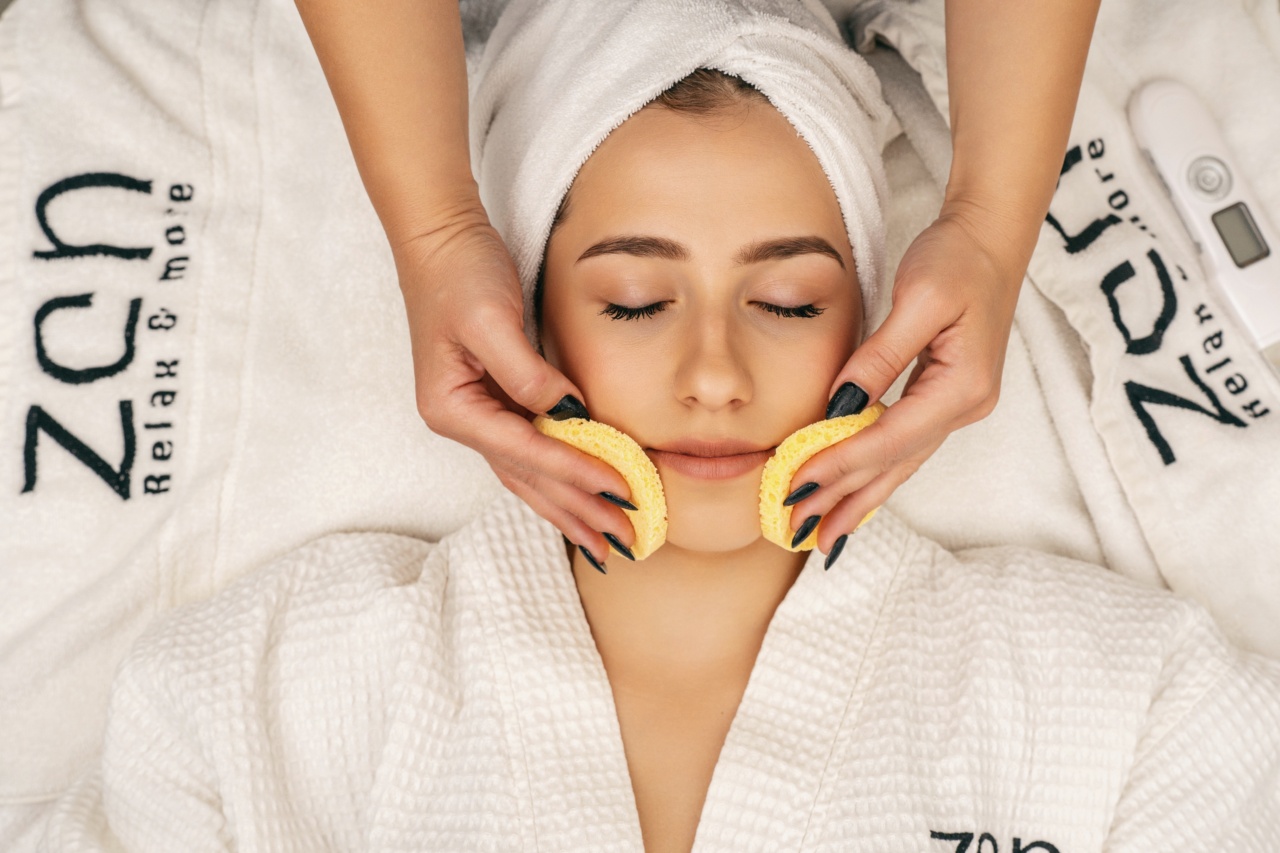Stress is a common occurrence in today’s fast-paced, high-pressure society. It affects not only our mental and emotional well-being but also our physical health, including our skin.
Skin health is essential as it is our body’s largest organ and serves as a protective shield against external factors. In this article, we will explore the relationship between stress and skin health, understand how stress affects the skin, and discuss effective strategies to manage stress for better skin health.
The Impact of Stress on the Skin
When we experience stress, our body releases stress hormones such as cortisol, which triggers a variety of physiological responses. These responses can have detrimental effects on our skin’s health and appearance.
Here are some common skin issues that can arise due to stress:.
1. Acne and Breakouts
Stress can exacerbate acne and other skin conditions. The release of stress hormones can stimulate the production of oil in the skin, leading to clogged pores and breakouts.
Additionally, stress can weaken our immune system, making it more difficult for the body to fight off acne-causing bacteria.
2. Premature Aging
Prolonged and chronic stress can accelerate the aging process, resulting in fine lines, wrinkles, and dullness.
Stress increases the production of free radicals in the body, which can damage collagen and elastin, the proteins responsible for keeping the skin firm and youthful.
3. Sensitivity and Irritation
Stress compromises the skin’s natural barrier function, making it more sensitive and prone to irritation. This can manifest as redness, dryness, itchiness, and a general feeling of discomfort.
Stress can also worsen existing skin conditions such as eczema and rosacea.
4. Impaired Skin Healing
When we are stressed, our body’s ability to heal wounds and repair damaged skin is impaired. This can prolong the healing process of acne scars, cuts, and other skin injuries.
Stress-induced inflammation can also delay skin healing and contribute to post-inflammatory hyperpigmentation.
5. Hair and Scalp Issues
Stress can lead to hair loss, thinning, and scalp problems such as dandruff and itchiness. This is because stress disrupts the hair growth cycle and can cause inflammation in the scalp.
Hair may become brittle, dull, and weak due to elevated stress hormone levels.
Effective Strategies to Manage Stress for Better Skin Health
While it may not be possible to entirely eliminate stress from our lives, adopting healthy coping mechanisms can significantly improve our skin health. Here are some effective strategies to manage stress:.
1. Practice Stress-Relieving Activities
Engaging in activities that promote relaxation and reduce stress can have a positive impact on our skin health. These activities may include yoga, meditation, deep breathing exercises, journaling, or taking a warm bath.
Find what works best for you and make it a part of your daily routine.
2. Exercise Regularly
Exercise not only boosts endorphins, the feel-good hormones, but also helps reduce stress levels.
Engaging in physical activities like brisk walking, jogging, cycling, or dancing can improve blood circulation, promote cellular renewal, and enhance overall skin health.
3. Get Sufficient Sleep
Sleep deprivation can increase stress levels, leading to skin problems. Aim for at least 7-8 hours of quality sleep each night to allow your body to rejuvenate and repair itself.
Establish a relaxing bedtime routine and create a conducive sleep environment for optimal rest.
4. Maintain a Healthy Diet
Consuming a well-balanced diet rich in antioxidants, vitamins, and minerals can help combat the effects of stress on the skin. Include plenty of fruits, vegetables, whole grains, lean proteins, and healthy fats in your diet.
Avoid excessive consumption of processed foods, sugary treats, and alcohol, as they can exacerbate skin issues.
5. Stay Hydrated
Drinking an adequate amount of water is vital for maintaining optimal skin health. When we are dehydrated, our skin can become dry, dull, and prone to irritations.
Aim to drink at least 8 glasses of water each day and consider incorporating hydrating foods like cucumbers, watermelon, and leafy greens into your diet.
6. Establish a Skincare Routine
Implementing a consistent skincare regimen tailored to your skin type and concerns can help manage stress-related skin issues.
Cleanse your skin gently, moisturize regularly, and use products with ingredients that soothe and protect the skin, such as aloe vera, chamomile, and antioxidants like vitamin C and E.
7. Prioritize Self-Care
Taking time for self-care is crucial in managing stress and maintaining skin health. Engage in activities that bring you joy and relaxation, such as reading, listening to music, doing hobbies, or spending quality time with loved ones.
Set boundaries, practice saying no when necessary, and make self-care a non-negotiable part of your routine.
8. Seek Emotional Support
Do not hesitate to reach out to friends, family, or professionals when you need emotional support. Sharing your feelings and experiences with others can help alleviate stress and promote overall well-being.
Consider talking to a therapist or joining support groups to gain additional guidance.
9. Practice Time Management
Feeling overwhelmed and stressed often stems from poor time management. Organize your tasks, prioritize what is essential, and delegate when possible.
Setting realistic goals and breaking them down into smaller, manageable steps can help reduce stress and improve productivity.
10. Disconnect and Unwind
In the digital age, it is essential to disconnect from technology regularly. Constant exposure to screens and the pressures of social media can contribute to stress levels.
Take breaks from technology, spend time outdoors, engage in hobbies, and give yourself permission to unwind without distractions.
Conclusion
Stress can have profound effects on our skin health, leading to various issues such as acne, premature aging, sensitivity, and impaired healing.
By prioritizing stress management and adopting healthy coping strategies, we can improve our overall well-being and enhance the vitality of our skin. Remember, self-care is not selfish but necessary for attaining a healthy mind and a glowing complexion.































